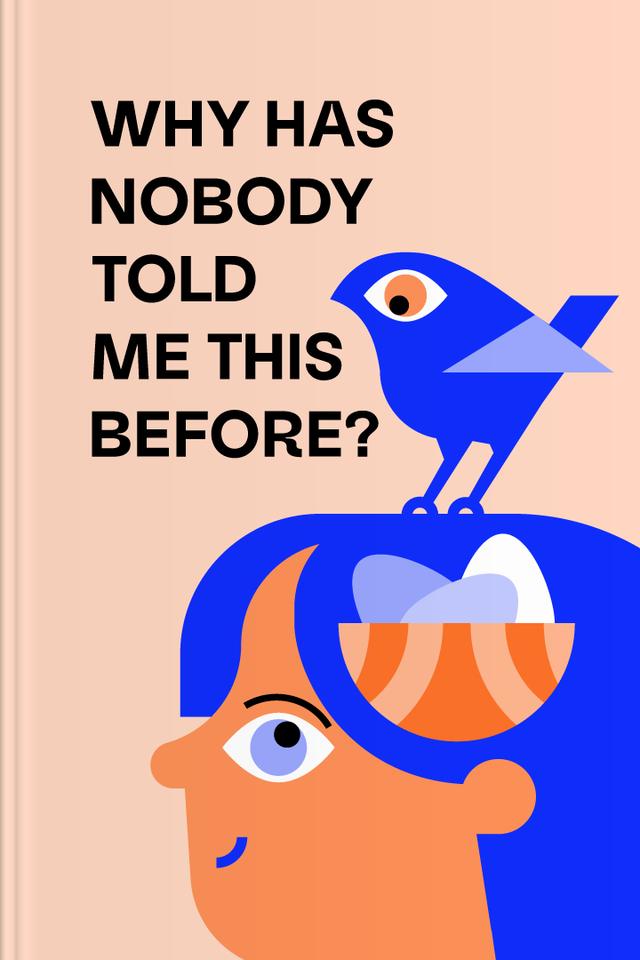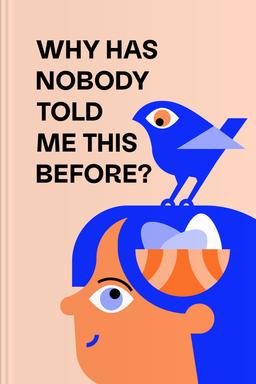You’ll learn
- What keeps you from happiness
- How to build your self-esteem
- Ways to increase motivation
- Why self-compassion helps
Protect the world’s peace. Donate to support Ukraine

first KEY POINT
Here's the problem that keeps millions of people stuck: The harder you try to be happy, the more miserable you become. The more you avoid difficult emotions, the more they control your life. This isn't some cruel cosmic joke — it's how your brain actually works. And once you understand this backward logic, everything changes.We live in an age where mental health advice is everywhere, yet depression and anxiety rates continue climbing. We have more self-help resources than ever before, but somehow, the practical wisdom that transforms lives remains locked away in therapy rooms and clinical textbooks.
Julie Smith, a renowned physiologist, noticed this firsthand while speaking with her clients. They frequently expressed surprise and gratitude upon learning about emotional wellness, remarking, "Why has nobody told me this before?" In response to this problem, Julie began creating and sharing short videos on mental health topics that gained millions of followers.Although Julie caught people's attention and initiated conversations about mental health, she still wanted to do more. Creating a 60-second video meant leaving out a lot of detail, which may be crucial for improvement. Therefore, she decided to provide more comprehensive information on putting essential concepts into practice. That’s where this summary comes in.Within a short time, you'll learn techniques that may help you alleviate frustration, reduce stress, and combat anxiety. You'll also discover the tips and tricks most people learn in therapy. By equipping yourself with this knowledge, you can take proactive steps toward improving your mental health, even if you can't access professional treatment.
second KEY POINT
Maybe you've caught yourself thinking, "Some people are naturally optimistic, but that's not me." Over time, thoughts like this become so familiar that they feel like facts rather than feelings. You might even find yourself defending this identity: "This is just who I am," making it seem pointless to seek change or help.However, we must realize that various internal and external factors shape our mood. Our unique wiring can make us more or less susceptible to specific emotions, such as sadness. But luckily, while you may be more prone to melancholy, your brain chemistry doesn't have to have the final say.Besides your predisposition toward certain emotional states, the factors contributing to your mood include:• Physical wellness
• Relationships with others
• Past experiences and traumas
• Quality of life

Continue reading with Headway app
Continue readingfirst KEY POINT
second KEY POINT
third KEY POINT
fourth KEY POINT
fifth KEY POINT
sixth KEY POINT